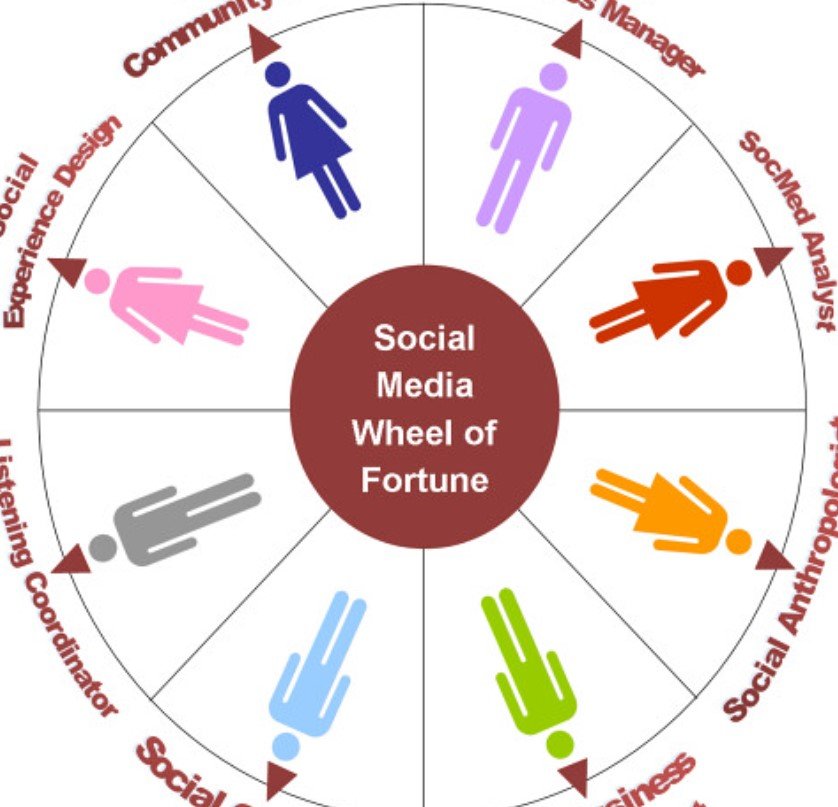In today’s digital landscape, social media isn’t just for selfies and memes—it’s a powerful tool for shaping political narratives. Platforms like Facebook, Instagram, TikTok, and X (formerly Twitter) have become essential for politicians aiming to reach voters directly. This shift has transformed how campaigns are run, making online presence a crucial element of political success.
The Double-Edged Sword of Digital Engagement
Amplifying Voices and Spreading Misinformation
Social media allows politicians to engage with millions instantly, fostering a sense of connection and immediacy. However, this same accessibility can be a double-edged sword. The rapid spread of information—both true and false—can significantly impact public perception and voter behavior.
“Social media platforms give politicians unprecedented access to voters,” says Dr. Elena Martinez, a political scientist at the University of California. “But with that access comes the responsibility to ensure the information shared is accurate and not misleading.”
The Rise of Viral Campaigns
Campaigns today are designed to go viral, leveraging trends and hashtags to gain traction. This approach can lead to increased visibility and engagement, especially among younger demographics who dominate these platforms. However, the pressure to create shareable content can sometimes prioritize sensationalism over substance.
“Viral content drives engagement, but it can also oversimplify complex political issues,” explains Martinez. “This can lead to a more polarized and less informed electorate.”

The Impact of Misinformation on Democracy
Erosion of Trust and Increased Polarization
The ease with which misinformation can spread on social media has profound implications for democracy. When false information goes viral, it can erode trust in democratic institutions and processes, leading to increased polarization and division among the electorate.
A study by the American Psychological Association found that misinformation aligned with personal beliefs is more likely to be shared. “People tend to share information that reinforces their existing views, even if it’s not accurate,” says Dr. Michael Reynolds, an APA spokesperson. “This behavior can deepen societal divides and undermine democratic discourse.”
Case Study: The 2020 Election and Beyond
The 2020 U.S. presidential election highlighted the power and peril of social media in politics. False claims about election fraud spread rapidly, leading to significant real-world consequences, including the January 6 Capitol riot. This event underscored the potential for online rhetoric to incite violence and disrupt democratic processes.
Strategies for Navigating the Digital Political Landscape
Enhancing Media Literacy Among Voters
One of the most effective ways to combat misinformation is by improving media literacy among voters. Educating the public on how to critically evaluate information sources can help reduce the spread of false narratives and promote a more informed electorate.
“Media literacy programs are essential,” states Reynolds. “They equip individuals with the skills to discern credible information from misinformation, which is crucial in today’s digital age.”
Regulatory Measures and Platform Accountability
Governments and social media companies are increasingly recognizing the need for regulatory measures to curb the spread of misinformation. Implementing stricter content moderation policies and holding platforms accountable for the content they host are steps being taken to address this issue.
“Regulation is a delicate balance,” says Martinez. “While it’s important to prevent the spread of harmful misinformation, it’s equally important to protect free speech and avoid overreach.”
The Future of Political Campaigns in a Digital World
Embracing Technology While Ensuring Integrity
As technology continues to evolve, so too will the strategies employed in political campaigns. Embracing new tools and platforms can enhance voter engagement and participation, but it must be done with a commitment to maintaining the integrity of information and fostering a respectful political discourse.
“Technology offers incredible opportunities for engagement,” Martinez notes. “But we must use it responsibly to ensure it strengthens rather than undermines our democratic processes.”
Building a Resilient Democratic Ecosystem
Ultimately, the intersection of politics and social media will continue to shape the future of democracy. Building a resilient democratic ecosystem that can adapt to these changes requires collaboration between politicians, technologists, educators, and the public to promote transparency, accountability, and informed participation.
“Collaboration is key,” concludes Reynolds. “By working together, we can harness the power of social media to enhance, rather than hinder, our democratic values.”
















